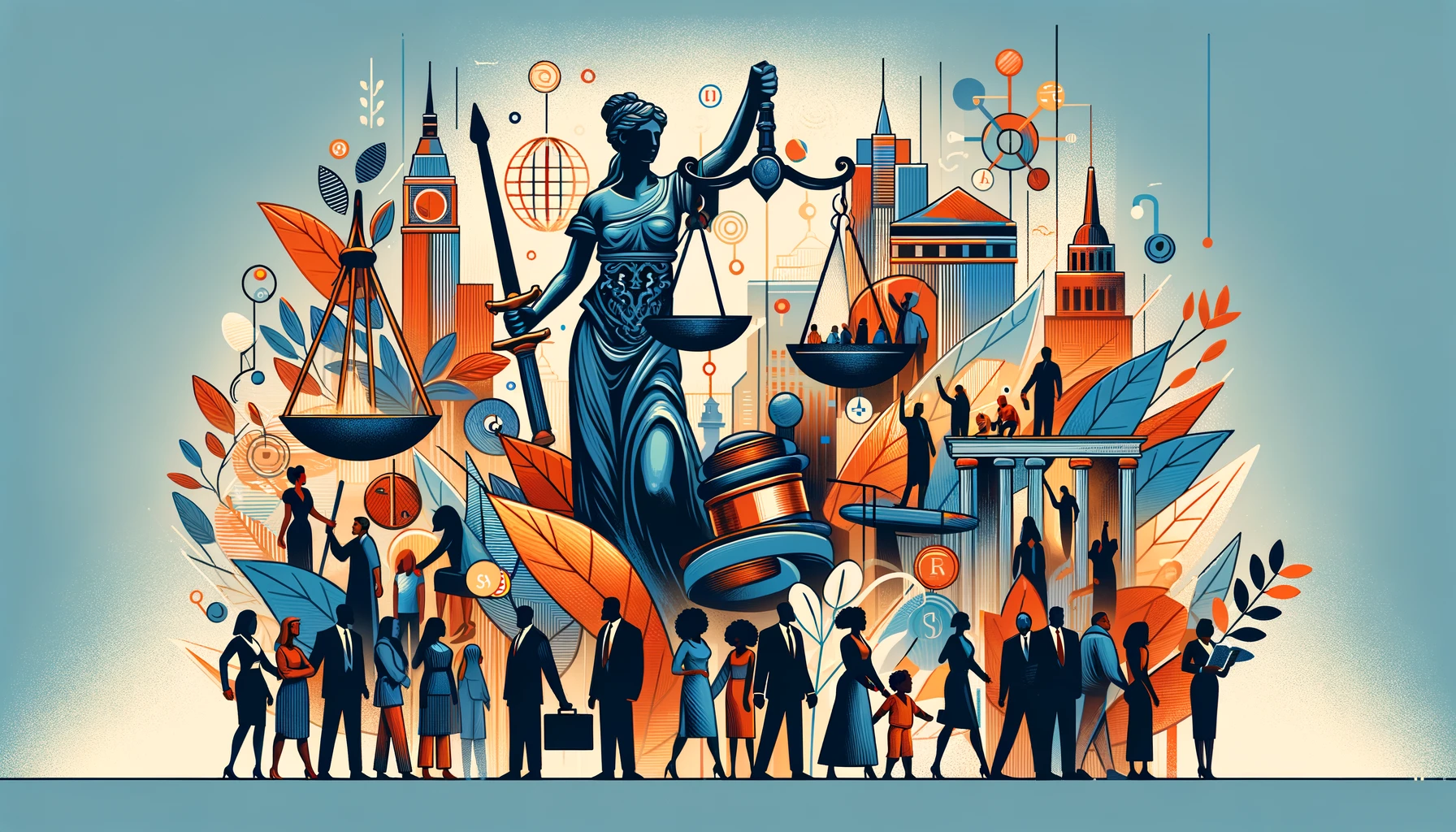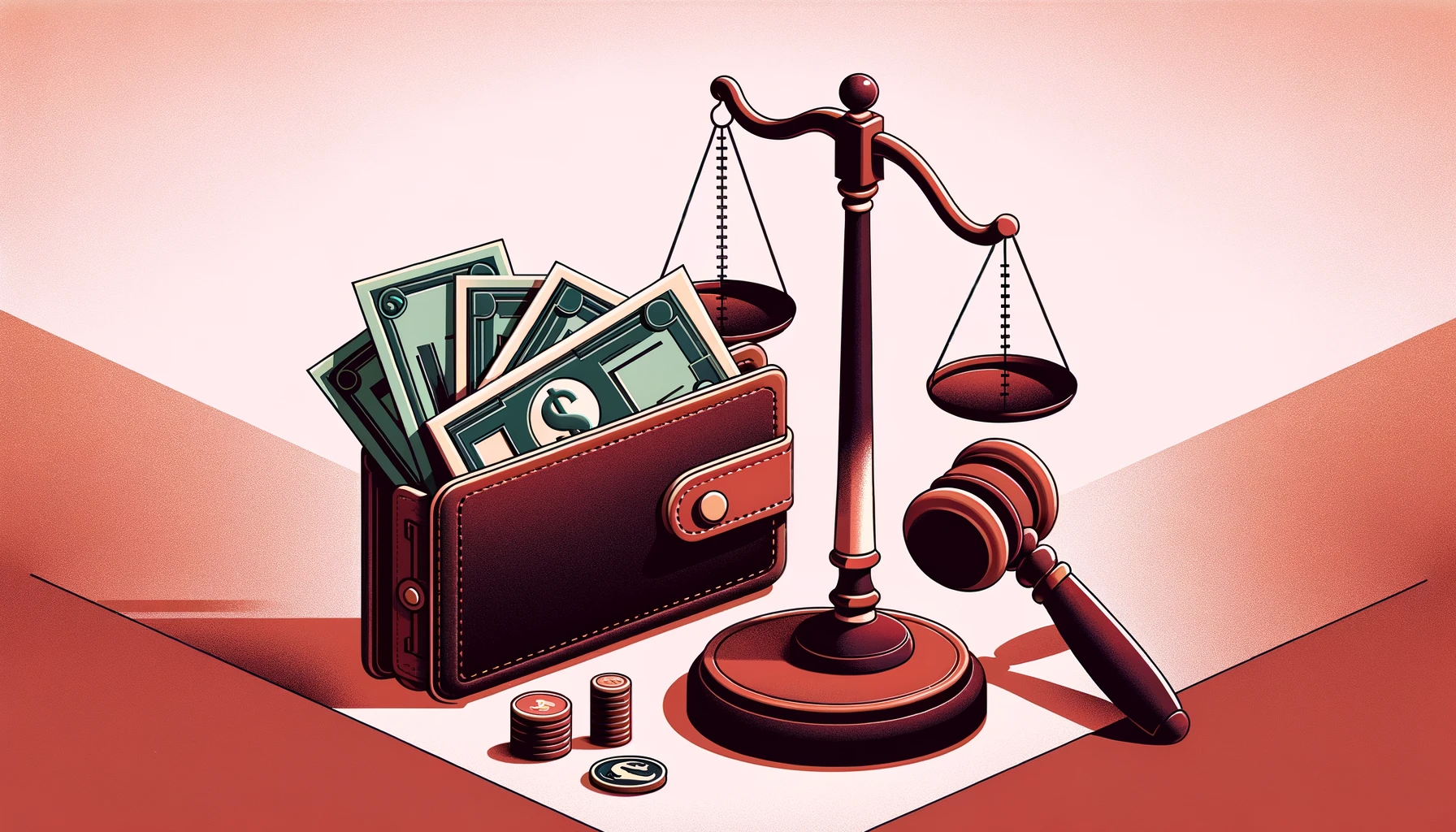There’s a particular sting to being fired when you know, deep down, that something isn’t right. Maybe your manager grew cold after you filed a complaint. Perhaps your coworkers made comments they thought were harmless. Or maybe you were told it just “isn’t working out,” even though your performance reviews tell a different story. You may be wondering, What is considered wrongful termination? If so, you’re likely not just seeking answers but also justice.
At the Law Offices of Supriya Kichloo, P.C., you’ll find more than legal knowledge—you’ll find advocacy rooted in empathy. Attorney Supriya Kichloo brings a decade of experience and a rare sensitivity to cultural nuance. If your employer violated wrongful termination NY laws and illegally dismissed you, Supriya can guide you through a tailored legal strategy that protects your rights and amplifies your voice.
What Is Considered Wrongful Termination?
New York’s ‘at-will’ employment structure allows employers to fire employees for any reason or no reason as long as it’s legal. The state defines wrongful termination as the unlawful firing of an employee by an employer who:
- Violates anti-discrimination laws, such as Title VII of the Civil Rights Act or the New York Human Rights Law;
- Retaliates against a worker for asserting legal rights, like reporting harassment or taking family leave;
- Breaches the terms of a contract, whether written, oral, or implied; or
- Infringes on public policy, such as firing for serving jury duty or refusing to engage in illegal activity.
These laws draw a fine line between what is unethical and unlawful, but when employers cross that line, the law offers recourse.
Wrongful Termination NY Laws Dealing with Discrimination
New York State and federal law prohibit employers from firing individuals based on protected characteristics. These include:
- Race, color, or national origin;
- Sex or gender identity;
- Sexual orientation;
- Religion;
- Age (40 or older);
- Disability status; and
- Pregnancy.
Patterns of bias, either subtle or overt, can tip the scales from lawful to unlawful. So consider this: If your employer let you go shortly after disclosing a pregnancy or requesting a religious accommodation, and your performance had not changed, you may have grounds for a claim under wrongful termination NY and federal statutes.
Retaliation Is Also Illegal
Retaliation doesn’t have to be overt to be unlawful. But no matter how it manifests, your employer cannot fire you for asserting your legal rights. That includes filing complaints about:
- Workplace discrimination,
- Sexual harassment,
- Wage violations, and
- Unsafe working conditions.
If your employer took adverse action, such as firing, demoting, or reassigning you after you made a protected complaint or took protected leave, this could constitute wrongful termination under New York employee termination laws.
You are also entitled to exercise your rights under the Family and Medical Leave Act (FMLA), the Fair Labor Standards Act (FLSA), and the New York Labor Law. If your employer retaliates after you invoke your rights under these laws, that is also illegal.
Breach of Contract and Implied Agreements
Even in an at-will state, some employment relationships are bound by:
- Written contracts specifying duration or reasons for termination;
- Collective bargaining agreements, such as in unionized workplaces; and
- Implied contracts created through employer statements, policies, or handbooks.
It may be a breach if your employer promised progressive discipline or specific grounds for termination and then failed to honor those terms. In New York, courts enforce such promises when there’s evidence the employee reasonably relied on them.
Termination Against Public Policy
New York courts also recognize a narrow but crucial category of wrongful termination: firings that violate public policy. This includes dismissals for:
- Whistleblowing about illegal conduct,
- Filing a workers’ compensation claim,
- Serving on a jury,
- Participating in an investigation, and
- Refusing to engage in unlawful activity.
New York Labor Law offers whistleblower protections for both public and private employees. Under this body of rules, healthcare employees also enjoy specific safeguards when reporting practices that threaten public health.
At-Will Employment Has Limits
Many New York workers assume at-will employment means they’re entirely unprotected. However, while employers have broad discretion, they cannot violate statutes or contracts. If your firing aligns with any of the following, it may not be lawful:
- Your employer let you go within days of filing a formal complaint;
- Your termination followed a disclosure of medical leave;
- Your manager made biased remarks before your dismissal;
- Your employment contract spelled out reasons for termination, and none apply.
Depending on the circumstances and supporting evidence, each scenario could support a claim under New York employee termination laws.
What Should I Do If I Suspect Wrongful Termination?
If your firing feels suspicious, you should:
- Document everything—emails, text messages, performance reviews, complaints, and anything related to your termination timeline matter;
- Request your personnel file—in New York, while not required by law, some employers will comply voluntarily;
- Consult an employment lawyer—attorneys assess your situation and help gather evidence, file complaints, or negotiate a settlement.
Don’t wait for the dust to settle. Speak with a knowledgeable advocate who can help you reclaim control and chart your next steps clearly and confidently.
The Law Offices of Supriya Kichloo Can Help Enforce New York Employee Termination Laws
With over ten years of experience and a prestigious Syracuse University College of Law degree, Supriya has built a reputation for helping New York workers hold employers accountable. Her multicultural awareness, sharp legal insight, and empathetic approach set her apart from other less skilled employment law lawyers.
We offer a free consultation and will craft a personalized legal strategy that centers on your experience and protects your rights. Whether you’re ready to take action or exploring your options, we’re here to listen and guide you. Let’s talk. Your story deserves to be heard—and defended.
Resources:
- U.S. Department of Labor, Family and Medical Leave Act (FMLA), link.
- U.S. Department of Labor, Fair Labor Standards Act (FLSA), link.
- Retaliatory action by employers; prohibition, N.Y. Labor Law § 740 (2022), link.
- Prohibition; health care employer who penalizes employees because of complaints of employer violations, N.Y. Labor Law § 741 (2022) link.


